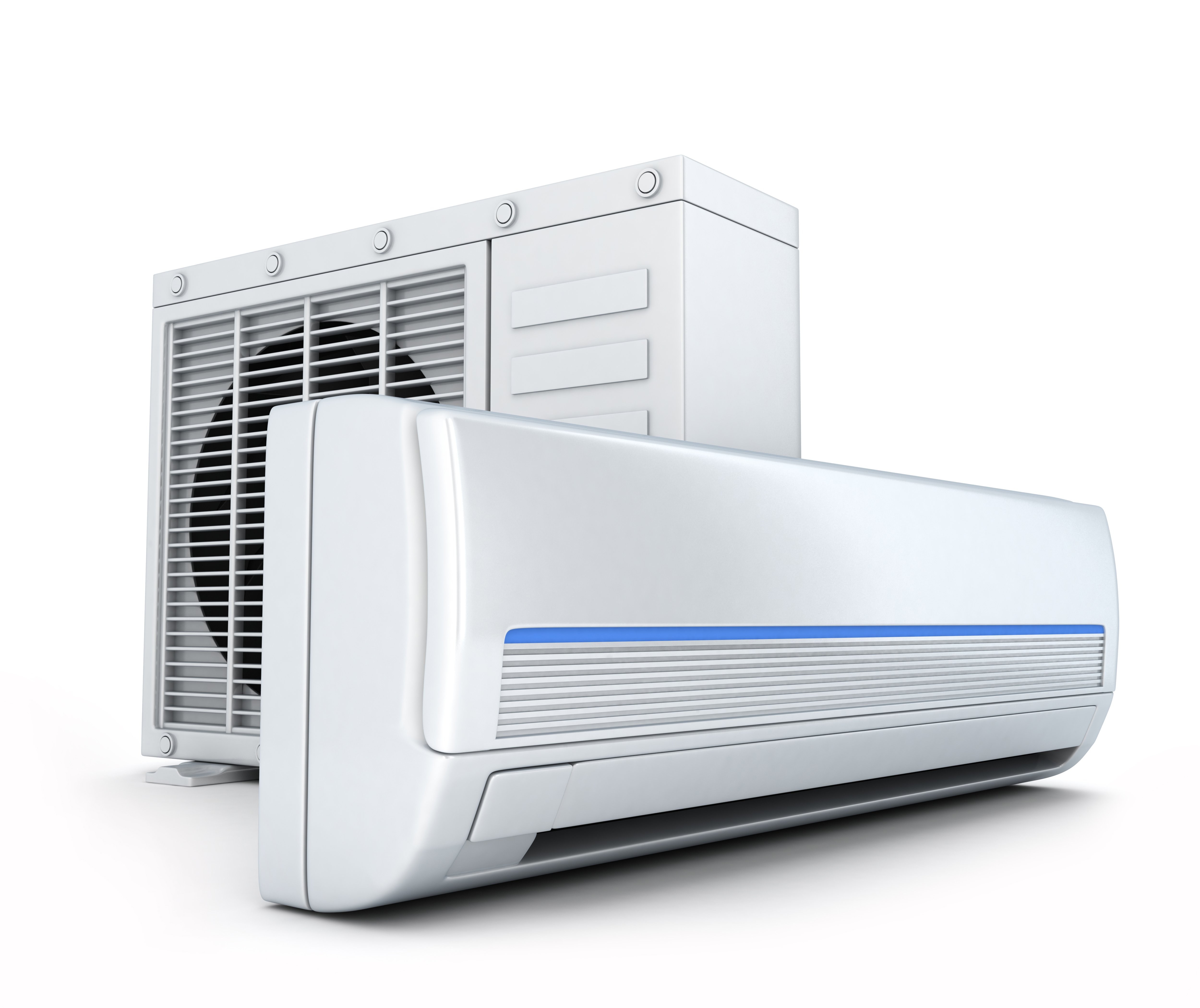Regarding maintaining a comfortable environment in our homes and workplaces, grasping HVAC systems is essential. HVAC, referring to heating, ventilation, and air conditioning, has a key role in managing indoor temperatures and air quality throughout the year. But with various options available, discovering the right system for your needs can feel overwhelming. This article seeks to break down the differences between central and ductless HVAC systems, aiding homeowners make informed decisions about their climate control options.
As we explore central and ductless options, we'll discuss how these systems function, the benefits and drawbacks of each, and tips for choosing the best one for your living space. Whether you're replacing an old system or preparing for a new installation, knowing how these HVAC choices compare will enable you to create a welcoming and energy-efficient living space. Let's explore the world of HVAC and discover which system might be the perfect fit for your specific situation.
Comprehending HVAC Technologies
HVAC refers to the systems for heating, ventilation, and air conditioning, which it encompasses the systems used to offer heating and cool solutions for home and business spaces. Heating systems warm the interior environment during colder months, while air conditioning systems lower the temperature of it down during the warmth of the summer season. Ventilation is crucial for ensuring air circulates throughout the area, which not just boosts comfort but also plays a vital role in upholding the quality of indoor air.

A typical HVAC system is made up of various parts working together. The core elements include a heating unit or heat generator for heating, an air conditioning unit or heat pump for refrigeration, ductwork to carry air, and a thermostat to manage temperature settings. Grasping how each element functions helps householders and building managers know how to care for and troubleshoot their systems efficiently.
As HVAC technology advances, new innovations arise to improve energy efficiency and indoor comfort. Intelligent HVAC units now integrate with automated home technologies, which enable greater control and monitoring. Additionally, options like mini-split systems or ground-source heating offer different choices that can meet specific needs, making it essential for homeowners to consider various choices when selecting an HVAC system for their environment.
Frequent HVAC Problems and Solutions
Property owners regularly experience a variety of HVAC problems that can disrupt comfort and efficiency. One frequent problem is inadequate heat or cool air, which can be due by dirty filters, blocked vents, or an incorrectly sized system. Regular maintenance, including air filter replacements and clearing airflow pathways, can help alleviate these problems. If problems persist, it may be necessary to contact a specialist for further diagnosis or adjustments.
A frequent issue is strange sounds coming from the HVAC system, such as clattering, squeaking, or hiss. air conditioning Dallas can suggest unsecured components, worn belts, or airflow restrictions. Residents should promptly respond to any strange noises by checking for unfastened parts or debris in the system. If the sounds continue, contacting an HVAC professional is advisable to prevent possible damage and ensure safety.
Lastly, high energy bills can suggest that an HVAC system is not functioning efficiently. Common culprits include poor insulation, outdated equipment, or neglecting routine maintenance. To combat this problem, homeowners should consider scheduling routine tune-ups to keep the system in optimal condition and explore energy-efficient upgrades. Installing smart thermostats and enhancing insulation can also help reduced energy consumption and lower bills.
Energy Efficiency and Intelligent HVAC Selections
Determining the appropriate HVAC solution is essential for enhancing energy efficiency in your residence. Traditional HVAC systems often come with higher upfront costs as a result of the extensive installation of ductwork, but they can efficiently heat or cool more spacious spaces. In contrast, ductless HVAC systems, such as mini-splits, deliver versatility and targeted comfort, permitting you to cool or heat separate rooms without ducts. This may produce lower energy consumption, notably if you have areas that aren't used frequently.
Intelligent HVAC choices can additionally improve energy efficiency. The implementation of smart thermostats allows homeowners to manage their HVAC systems via mobile devices and set schedules that coordinate with their daily routines. This minimizes energy waste by guaranteeing that heating or cooling happens when necessary. Additionally, numerous modern HVAC systems are designed with energy efficiency ratings that inform consumers about anticipated energy use, helping them to pick systems that optimally fit their needs.
Putting money into energy-efficient HVAC options also contributes to reducing your energy bills but also affects favorably the environment. By choosing systems that use renewable energy sources, including solar-powered HVAC, you can decrease your carbon footprint. Consistent maintenance and updates, along with the installation of high-efficiency air filters, enhance overall system performance and indoor air quality, resulting in your home more comfortable and sustainable year-round.
